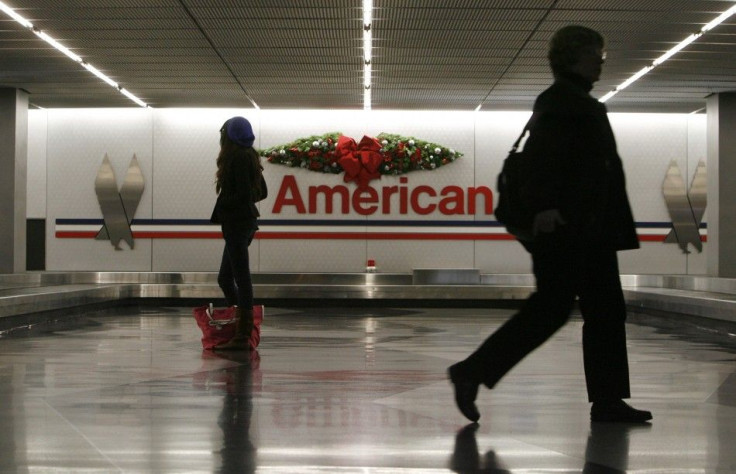AAirpass: American Airlines Vs. The Passengers Who Flew Too Much

In the early 1980s American Airlines offered a golden ticket called the AAirpass, which the company billed as the buffet of air travel: an all-you-can-fly lifetime pass to first-class travel with the carrier.
The price tag was $250,000 -- a reasonable figure when you consider that lifetime pass holders have been known to indulge in up to $125,000 worth of flights in a month's time. For just $150,000 more, you could add an additional companion pass. Even accounting for inflation, frequent travelers got a steal.
These, of course, were introductory rates. The original AAirpass program ran from 1981 to 1994 and made one final appearance in a 2004 Neiman Marcus Christmas catalog. Pass prices jumped to $600 thousand in 1990 and hit $1 million by 1993.
In its 2004 cameo, the price tag had risen to $3 million. There we no takers.
AAirpass didn't altogether disappear. In fact, it's still around today. The current AAirpass, however, is a shell of what was once offered. It's available only to customers who spend a minimum of $10,000 annually on American Airlines flights and, essentially, offers pass-holders fixed rates that aren't particularly cheap. The modern AAirpass basically ensures that you will not be gouged like the masses when you book last minute.
A fascinating Los Angeles Times feature, published May 5, detailed the lives of two men who purchased the pass nearly three decades ago:
They flew for pleasure. They flew just because they liked being on planes. They bypassed long lines, booked backup itineraries in case the weather turned, and never worried about cancellation fees. Flight crews memorized their names and favorite meals, writer Ken Besinger remarked. Each had paid American more than $350,000 for an unlimited AAirpass and a companion ticket that allowed them to take someone along on their adventures. Both agree it was the best purchase they ever made, one that completely redefined their lives.
The two men, Steven Rothstein and Jacques Vroom, both claim to have logged three- and four-times as many flights as the title character in the critically acclaimed 2009 film Up in the Air. In the film, the loyal American Airlines business traveler, played by George Clooney, is extolled for reaching 10 million frequent flier miles.
Vroom exclaimed: I can't even remember when I cracked 10 million. Rothstein, for his part, boasted flying as much as 18 times a month.
This, it seems, typifies the harsh lesson American learned. For many, unlimited really means, well, unlimited.
There are nearly six dozen AAirpass holders and many went bananas. They'd fly halfway across the world for lunch, select random people in the check-in line and offer them first-class upgrades. Some, an American representative said, were costing the airline over $1 million a year.
American began the program to earn cash on the quick, but several customers quickly got much more in return.
We thought originally it would be something that firms would buy for top employees, Bob Crandall, American's chairman and chief executive from 1985 to 1998, told the Times. It soon became apparent that the public was smarter than we were.
Troubled by the flight free-for-all and millions of dollars in losses, cash-strapped American recently began an investigation of the customers using the program the most, accusing some of fraud. Others had their passes revoked after they were accused by the newly-formed revenue integrity unit of selling usage to other travelers.
Needless to say, multiple lawsuits are bouncing through the judicial system, though an American spokeswoman said the canceled passes are very isolated and represent an extremely small percentage of our overall AAirpass accounts.
Most, it would appear, are still jetting across the globe on their golden ticket, redefining the term frequent flier.
For a look at the entire tale, with all its twists and turns, click the link below:
The frequent fliers who flew too much - Los Angeles Times.
© Copyright IBTimes 2024. All rights reserved.












